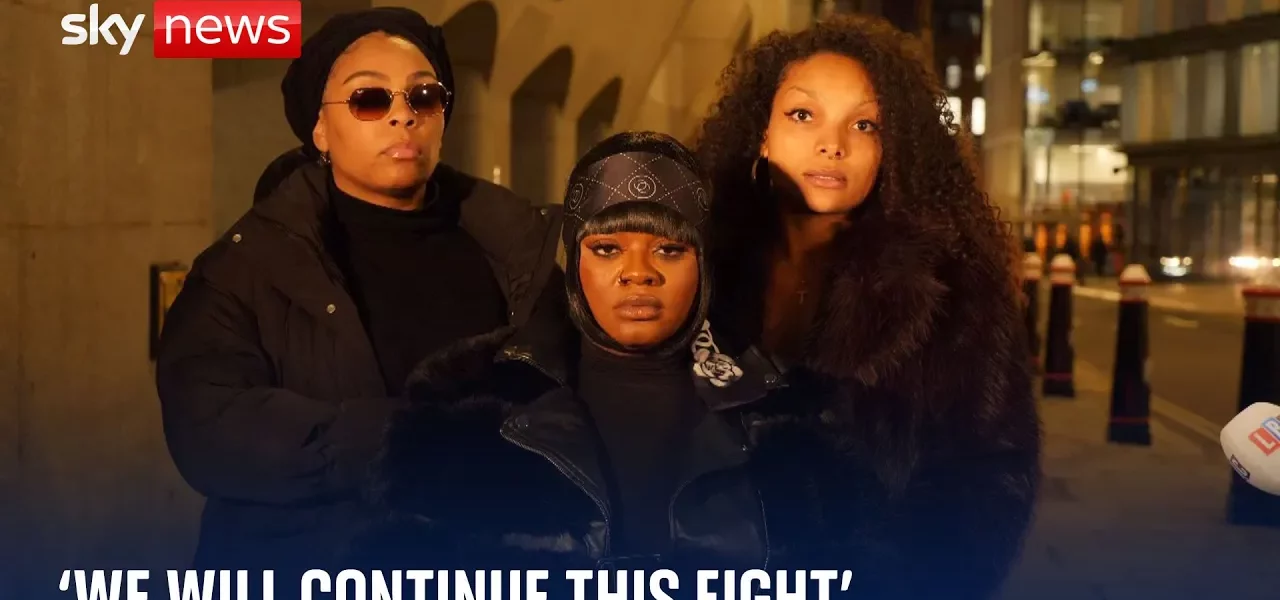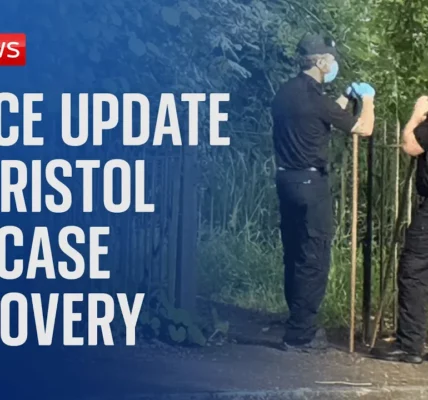Police Shooting Verdict and Community Response in South London

This article explores the recent verdict in the police shooting case involving Chris Cabba, the subsequent protests, and the implications for the community and justice system.
Introduction
The recent events surrounding the police shooting of 24-year-old Chris Cabba in South London have sparked widespread outrage and protests. Following a convoy of police vehicles chasing an Audi linked to a prior shooting, the encounter ended tragically with Cabba’s death. The subsequent not guilty verdict for the officer involved, Martin Blake, has ignited strong reactions from the community, highlighting ongoing tensions regarding police violence and systemic racism in the UK.
The Incident: A Timeline of Events
The sequence of events leading to Chris Cabba’s death is crucial for understanding the community’s response. Here’s a detailed breakdown:
- Night of the Shooting: An Audi, later identified as being driven by Cabba, was involved in a shooting incident.
- Police Convoy Chase: Police initiated a chase of the Audi through South London, following the vehicle as it made its way into a residential area.
- Confrontation: The situation escalated rapidly as officers ordered Cabba to show his hands, leading to a chaotic confrontation.
- Cabba’s Death: In a frantic 17-second sequence, police fired shots, resulting in Cabba’s death.
The Verdict and Its Implications
The not guilty verdict for Officer Martin Blake raised significant concerns within the community. Key aspects include:
Community Reaction
Following the verdict, hundreds of protesters gathered outside the Old Bailey, expressing their feelings of injustice and frustration.
- Statements from Chris Cabba’s family emphasized a feeling of systemic failure.
- Community leaders voiced concerns over the implications for police accountability.
Statements from Officials
Met Commissioner’s response to the verdict was a delicate balance of commiseration for the family and support for the officer. His comments highlighted:
- The importance of holding police accountable.
- The challenges faced by officers in high-pressure situations.
Protests and Continued Activism
The protests following the verdict are not just a reaction to this specific case but are part of a larger movement against systemic racism and police violence. Key points include:
Nature of the Protests
Protesters articulated their anger not only for Cabba’s death but also for years of perceived injustices:
- Calls for systemic reform within the police force.
- Demands for justice for victims of police violence.
Political Responses
Local politicians have voiced their support for the protests, stating the importance of acknowledging community concerns:
- The need for transparency in police investigations.
- The recognition of historical grievances regarding racial discrimination.
Systemic Issues and Future Implications
The verdict and the subsequent protests highlight broader systemic issues within the policing and justice systems:
Systemic Racism
Activists argue that the verdict represents a continuation of systemic racism and a lack of accountability in cases involving police violence against minority communities.
Calls for Reform
Many community leaders advocate for comprehensive police reforms, including:
- Better training for officers on de-escalation techniques.
- More stringent oversight and accountability measures for police actions.
Conclusion
The not guilty verdict in the Chris Cabba case has not only affected his family but has also exposed deep-seated issues within the justice system and community relations with law enforcement. As protests continue and conversations about police reform gain momentum, it is clear that the fight for justice and accountability will persist. We encourage readers to stay informed and engaged with community actions and discussions surrounding these critical issues.
For more insights into systemic issues in policing, consider reading our related articles on justice reform and community activism.
“`




